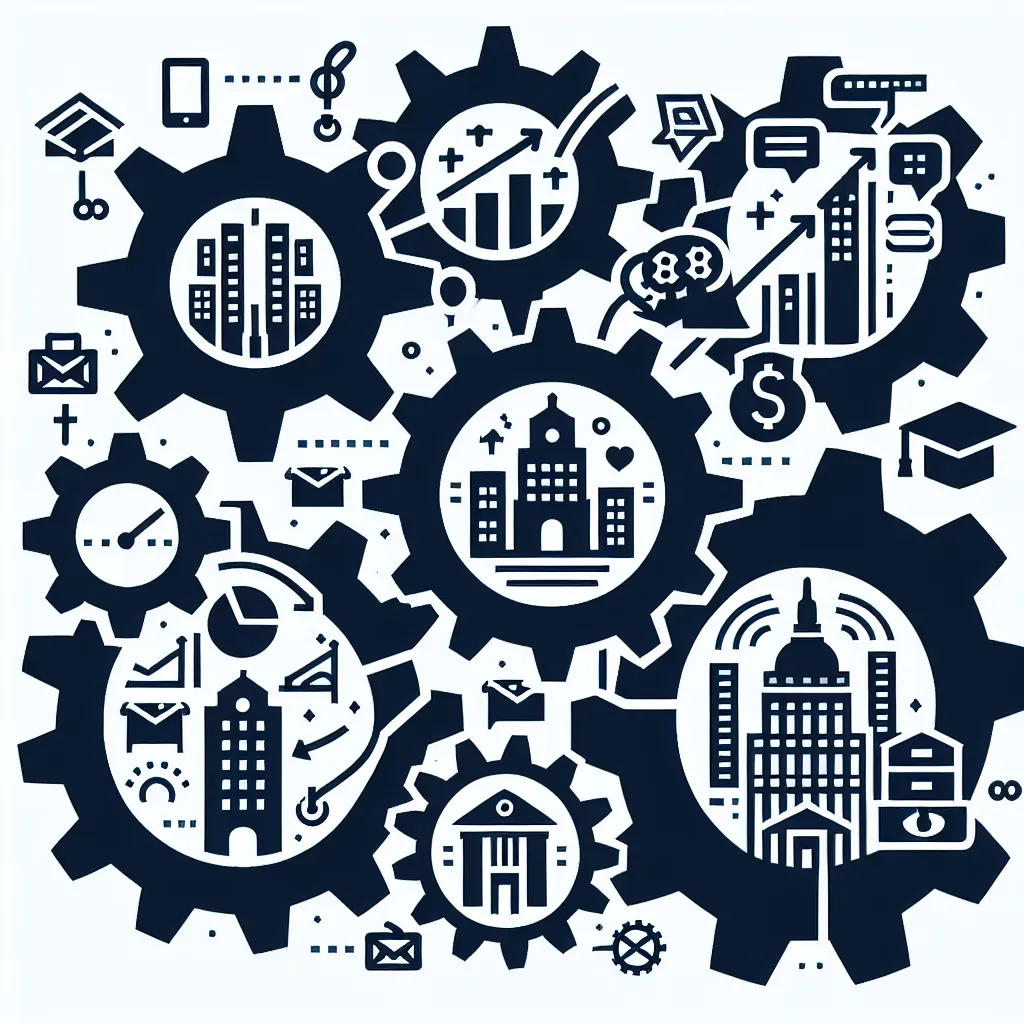Ask AI on The Internet
Neo-liberalism in the contemporary world plays a significant role in shaping economic and political policies globally. Below are some points to consider: 1. Globalization: Neo-liberalism has facilitated the globalization of economic systems. It encourages free trade and open markets where businesses can operate internationally without many barriers. 2. Privatization: Privatization is a principal pillar of neo-liberal policies. The idea is that private ownership is more efficient than public ownership, thus leading to better management of resources, increased productivity, and economic growth. 3. Market Deregulation: Neo-liberalism advocates for market deregulation to foster competition. It believes in minimal government intervention in the economy, and this promotes economic freedom. 4. Economic Growth: Neo-liberalism theory suggests that economic growth can be achieved through liberalization of markets, deregulation, and privatization, leading to more significant investment, local and international, and, consequently, job creation. 5. Criticisms: It is also fair to note that neo-liberalism faces significant criticisms. Critics argue that it leads to wealth disparity, as the rich tend to benefit more. It is also blamed for the erosion of social welfare systems, leading to negative effects on aspects like healthcare, education, and housing. In summary, while neo-liberalism has played a part in growing economies and furthering globalization, it also has its drawbacks, principally in the social sector and income inequality. It is important for policymakers to take a balanced approach and try to minimize the negative aspects while maximizing the benefits.
A new large language model has been made available since this question was asked.
To generate an updated answer from the new model, click the button below.
Think your answer is better than the AI's? Post it below.
Other Most Relevant Posts:
 Ask AI: Explain some lessons in media and globalization and how it affect each other in the course contemporary world
Ask AI: Explain some lessons in media and globalization and how it affect each other in the course contemporary world
 Exploring Global Demography: Neo-Malthusianism, Technology's Role, and Benefits of Rapid Population Growth in Societies
Exploring Global Demography: Neo-Malthusianism, Technology's Role, and Benefits of Rapid Population Growth in Societies
Question Tags
If you want your question answered by an AI, click here.





Post your own comment: